Quarantine 15? How the Lockdown INCREASED Our Risk for COVID-19
Over the last six months, the world has come to a standstill with the pandemic threat of COVID-19.
And while the infection fatality rate is now estimated by the CDC at around 0.0065% – a mere fraction of what was originally predicted and close to the mortality rate for the yearly flu virus – many of us wonder if the extensive mandates have protected the public.[i]
We’ve been compelled to wear masks and practice social distancing. We’ve been told that things will never go back to “normal” without a pharmaceutical vaccine.
And yet, not a single WHO or CDC health authority – nor any state health department – has educated the public on the role of the immune system or the importance of vitamin D from sun exposure. And they have certainly not discussed the part that nutrition and body composition play when it comes to your risk of contracting COVID or the outcomes if you do.
And this is a critical omission, because as it turns out, your chances of escaping COVD-19 unscathed have a LOT more to do with what you put in your mouth… than what you put over your mouth!
Today, you will discover:
- Why obesity exponentially increases your risk of dying from COVID
- The “thin person” factors that afford powerful protection against coronavirus (and the “fat factors” that amplify your risk)
- PLUS: How to rapidly improve your body composition to reduce your risk of COVID.
Obesity: The Biggest Risk Factor for COVID-19?
You might think that having chronic lung disease or a severely-impaired immune system would be the biggest risk factors for dying from COVID. After all, this disease directly impacts the lungs. And a healthy immune system is needed to ward off any contagious illness.
But the results of recent research have forced the CDC to revised their risk categories. They now state that obesity is as big a risk factor for COVID as a suppressed immune system or chronic lung disease!
Studies also show that the risk of becoming ill from COVID and the severity of the illness rises in direct proportion to the degree of obesity. The more obese the person, the greater their risk of hospitalization and death from COVID.[ii][iii]
Let’s take a look at the research on how obesity impacts the prognosis of COVID.[iv]
- A British study of more than 17 million people found that those with severe obesity were about twice as likely to die from COVID as those who were not obese.[v]
- Data from 383 Chinese patients showed that obesity was associated with 142% higher risk of developing severe pneumonia associated with COVID-19.
- A study of over 4,000 patients with COVID-19 in New York City found that severe obesity was a major risk factor for hospitalization, second only to age.
- In Seattle, a study of critically-ill COVID-19 patients found that 85% of those with obesity required mechanical ventilation, compared to 64% of patients without the condition. And 62% of the patients with obesity died of COVID-19, compared with 36% of those without obesity.
The facts don’t lie… the more fat on your body, the greater your risk.
But the next question is… Why?
Why does obesity increase the risk of illness and death from COVID-19 so dramatically?
Contrary to popular belief, body fat is not just an unsightly annoyance. It does not just “sit there” and make you cringe when you look in the mirror. It is tissue that is highly metabolically active. It pumps out inflammatory compounds. It alters hormonal function. And it impacts our biochemistry and our health in profound ways.
The “Thin-Person” Factors that Guard Against COVID
Fat cells help to produce and regulate hormones. And hormones influence your risk of COVID.
And when it comes to hormonal influence on COVID, researchers have identified two primary pathways activated in obese people that make the novel coronavirus more dangerous.
- People who are obese make more “complement” proteins. Complement proteins can cause serious blood clotting – a key issue in people with COVID-19, according to recent research published in Nature Reviews Immunology.[vi] The study researchers stated:“Complement is also more active in obesity and diabetes, and may help explain, at least in part, why people with those conditions also have a greater mortality risk from COVID-19″
- People with obesity have lower levels of adiponectin – a protein hormone with anti-inflammatory and anti-diabetic activity.[vii] Adiponectin has a unique ability to protect the lungs and keep blood vessels open. Researchers in the International Journal of Molecular Sciences echo the importance of optimizing adiponectin in patients with COVID-19:
“… a dietary regimen to improve the levels of adiponectin could be very useful both to prevent the infection and to take care of patients, improving their outcomes.[viii]
ACE2: The Obesity Factor That’s Like a Trojan Horse for COVID
In addition to the fact that obesity reduces protective adiponectin and increases harmful complement proteins, it also appears to make the body the perfect “terrain” for viral replication.
The “terrain theory of disease” looks at the body as a terrain. Your terrain is the internal environment inside your body. An unhealthy and diseased body may attract pathogenic germs and have a harder time fending them off. Conversely, a healthy body is better able to repel pathogens or prevent them from developing into a full-blown infection.[ix]
Contrast this to the now largely-refuted “germ theory of disease” which postulates that disease is caused by germs. And therefore, anyone who comes into contact with those germs – no matter their health status – runs the risk of contracting the disease.
Louis Pasteur, often called the “father of the germ theory”, is alleged to have changed his mind on the validity of the germ theory, stating on his deathbed that, “The microbe is nothing. The terrain is everything.”
So, what makes the obese body a better “terrain” (or host) for COVID?
More ACE2 receptors.
ACE2 stands for angiotensin-converting enzyme 2. It is a protein that resides on the surface of many types of cells in the human body.
Using the spike-like protein on its surface, COVID-19 virus binds to ACE2 like a lock and key. This allows the virus to sneak into the body and replicate.
And because fatty tissue has more ACE2 receptors than lung cells, obesity helps to promote higher viral loads in the body and results in worse outcomes.[x]
Reduce Your Risk of COVID (and All Disease!) by Optimizing Body Composition
Optimizing your body composition won’t just help in the fight against COVID-19. Being lean and fit helps protect against nearly every chronic disease – from diabetes and heart disease, to cancer, Alzheimer’s, macular degeneration and more.
If you’re currently overweight or obese – or you just gained the “Quarantine 15” during lockdown – there is a lot you can do to improve your body composition and overall health today:
- Intermittent Fasting: This is one of the best ways to shed pounds, improve insulin sensitivity and boost energy levels. And best of all – it’s easy! Simply stop eating after dinner and skip breakfast the next morning. This allows your body to tap into fat stores while resetting your metabolic machinery to promote better insulin sensitivity.
- Cut the Carbs: Because insulin is the “fat storage” hormone, keeping your blood sugar (and therefore insulin) in an optimal range is imperative for a healthy body composition. Focus your diet on the foods enjoyed by our ancestors – grass-fed beef, pastured pork, poultry and eggs, wild seafood, grass-fed butter and dairy, ancestral fats including tallow and lard, antioxidant-rich above ground veggies, nuts and seeds, as well as organic berries and stone fruits in moderation.
- Get Moving: If you’re not already active, now is the time! Begin slowly with a daily walk and increase your intensity and duration over time. Add resistance or weight training as you become stronger, which will further improve your insulin sensitivity and body composition.
Taking simple lifestyle steps each day to improve your body composition will go a long way to guarding against contagious illnesses – and chronic illnesses – alike.
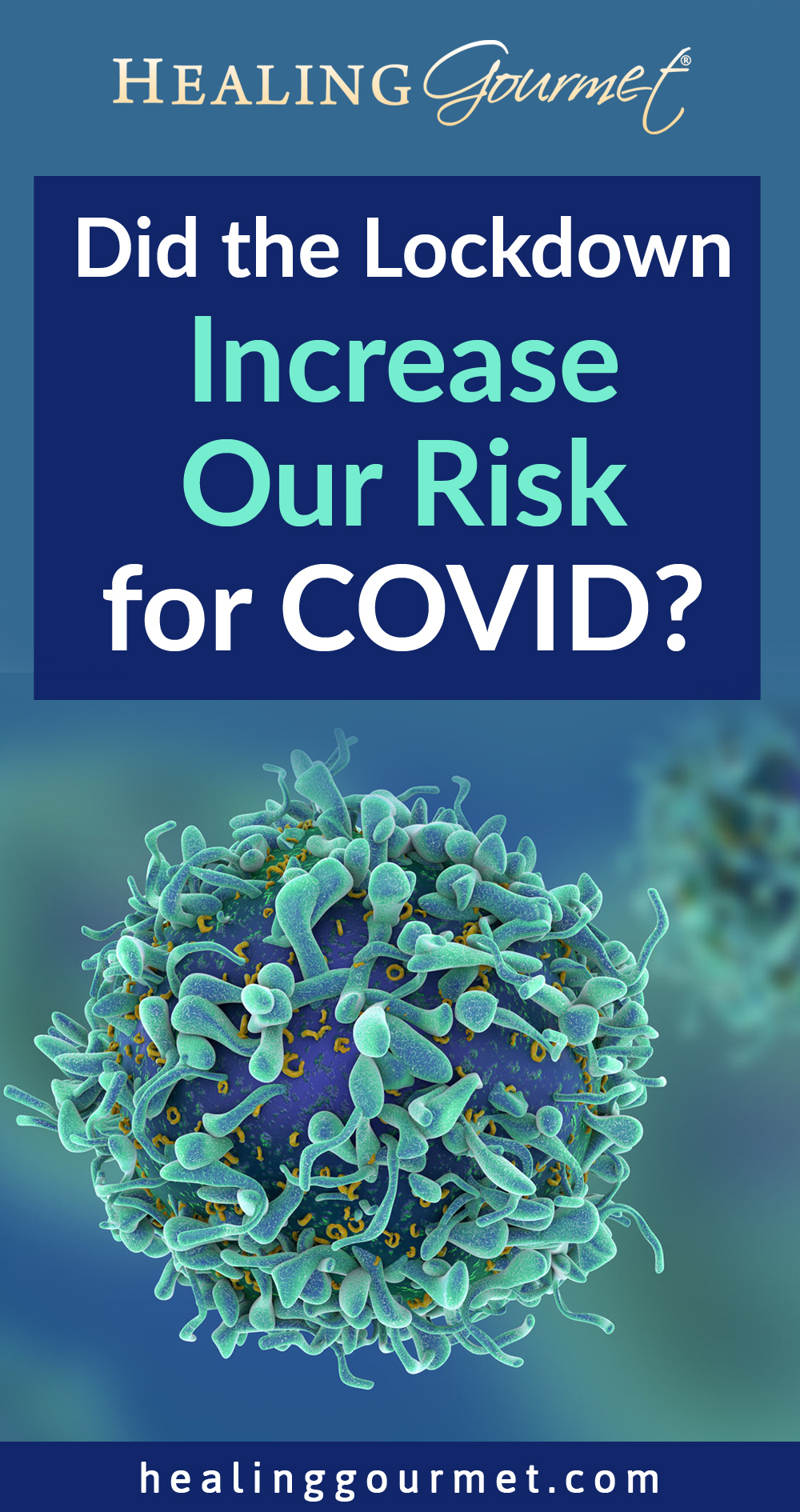
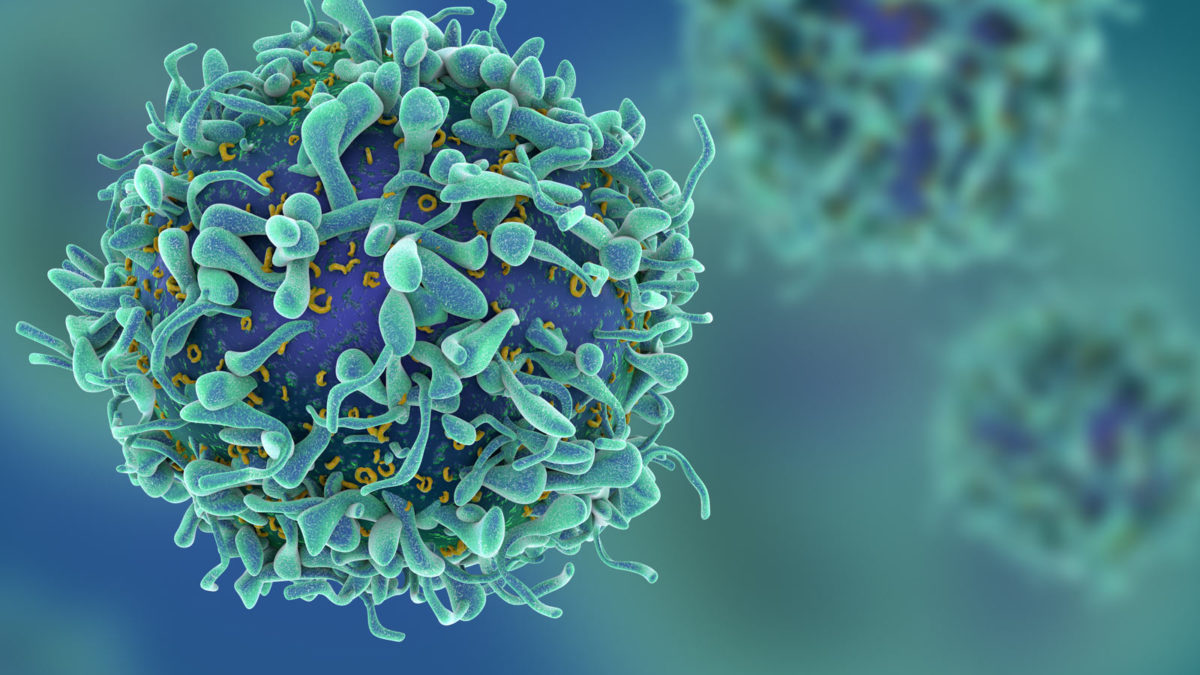
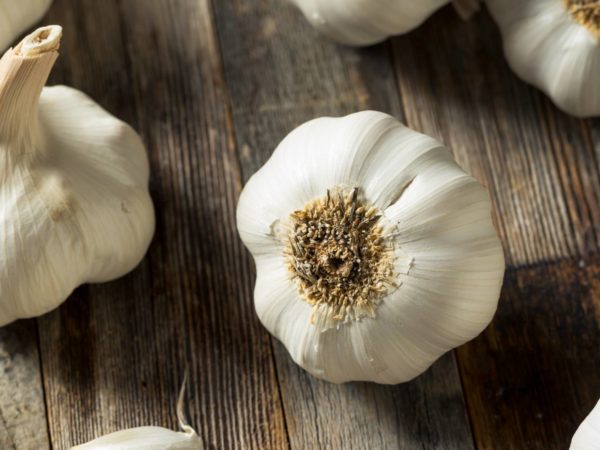
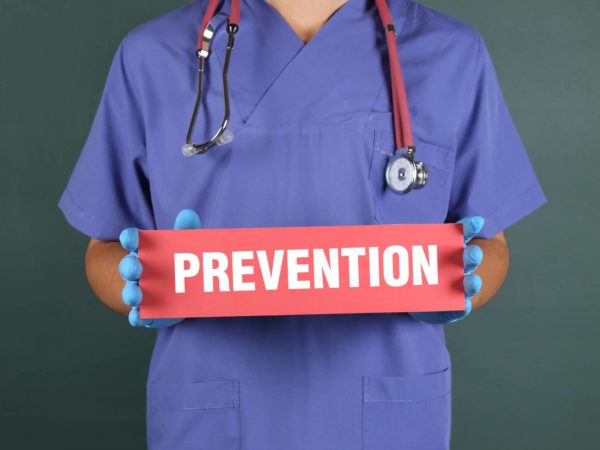
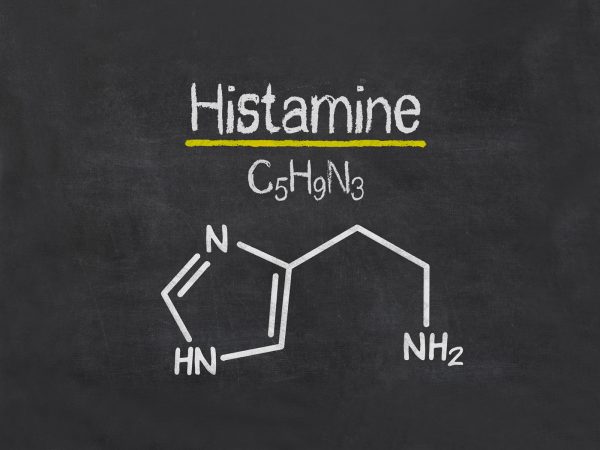
Leave a Reply